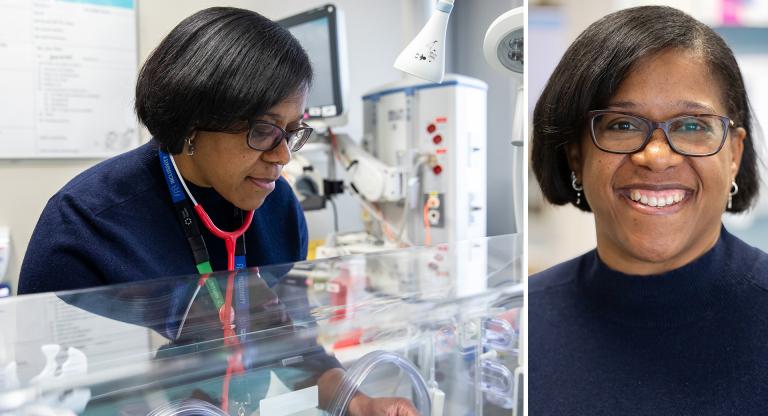Four common fertility myths debunked

We separate fact from fiction and explain why the most common fertility myths are wrong.
There is a lot of misinformation surrounding fertility that can lead to confusion, stress and delays in seeking medical care. The following evidence-based information can help people make informed decisions about their reproductive health.
Myth 1: Infertility is a female issue
It is common for people to assume that infertility mostly affects women. In reality, research shows that:
- One third of infertility cases are due to female factors
- One third of cases are due to male factors
- One third of cases are a combination of both partners or remain unexplained
“Infertility in people with testes is often linked to sperm-related issues, such as low sperm count, poor motility or abnormal shape.
Infertility in people with ovaries can result from ovulation disorders, blocked fallopian tubes, or conditions like endometriosis and polycystic ovary syndrome (PCOS).” – Dr. Kimberly Liu, Medical Director, Mount Sinai Fertility
Infertility can affect anyone. So consider fertility testing if you have been trying to get pregnant for more than one year. If you are a person with ovaries who is 35 or older, fertility testing is recommended after trying to get pregnant for six months.
Myth 2: Stress is the main cause of infertility
While stress can affect health, there is no conclusive evidence that stress alone causes infertility. Infertility is a medical condition that often stems from underlying reproductive health issues.
The medical conditions that can cause infertility may include:
- Hormonal imbalances that affect ovulation or sperm production
- Blocked fallopian tubes that prevent sperm from reaching the egg
- Low sperm count or poor sperm quality that reduces the likelihood of fertilization
- Genetic conditions that affect reproductive function
Although stress may not cause infertility, it can add to emotional distress during fertility treatments. Stress management techniques, such as mindfulness, counselling and support groups, may help individuals cope with the challenges of infertility.
Myth 3: Infertility is rare
Infertility is more common than many people think. According to the World Health Organization (WHO), one in six people globally experience infertility.
Several factors contribute to infertility, including:
- Age, because fertility declines over time, particularly in women over 35
- Medical conditions such as endometriosis, PCOS and thyroid disorders that can affect reproductive function
- Lifestyle factors like smoking, excessive alcohol consumption and obesity
Myth 4: You can’t have children after a cancer diagnosis
A common and deeply personal myth is that a cancer diagnosis automatically ends your chance to have a biological child. This is not true.
Cancer treatments such as chemotherapy, radiation or surgery can impact fertility, but there are ways to protect your future options.
Mount Sinai Fertility works closely with oncology teams to offer timely, effective fertility preservation strategies, including:
Advances in fertility preservation are moving quickly. New cryopreservation techniques that preserve reproductive tissue are now being used in select cases, especially when treatment can't be delayed.
Timing is key. Fertility preservation works best when it is planned before cancer treatment begins.
Physicians can refer patients to Mount Sinai Fertility to discuss fertility preservation options.
Don’t wait to get help
Despite how common fertility issues are, many people may delay seeking medical advice. However, early assessment and intervention can help identify potential causes and promising treatment options sooner.
Dr. Liu says fertility is a complex issue influenced by a combination of biological, medical, and lifestyle factors. Myths and misinformation can create confusion and unnecessary anxiety, making it important to rely on accurate, science-based information.
Remember that infertility is a common issue that can affect anyone. The more people understand about infertility, the better able they are to make informed choices about their reproductive health.
To learn more, visit mountsinaifertility.com.












